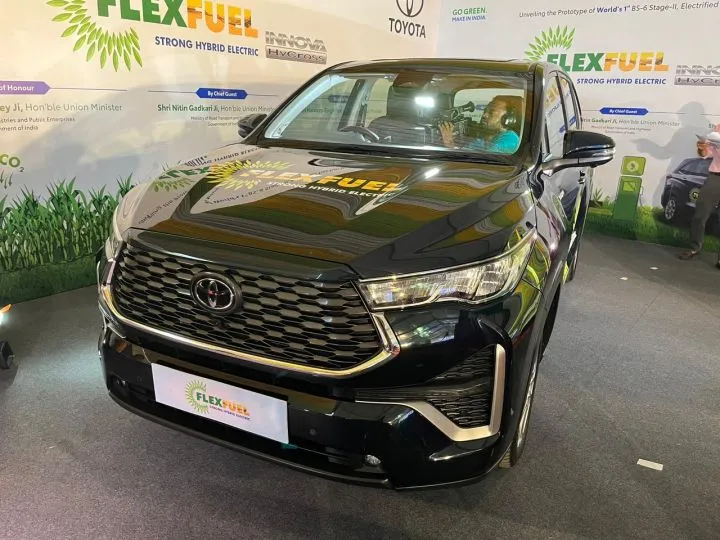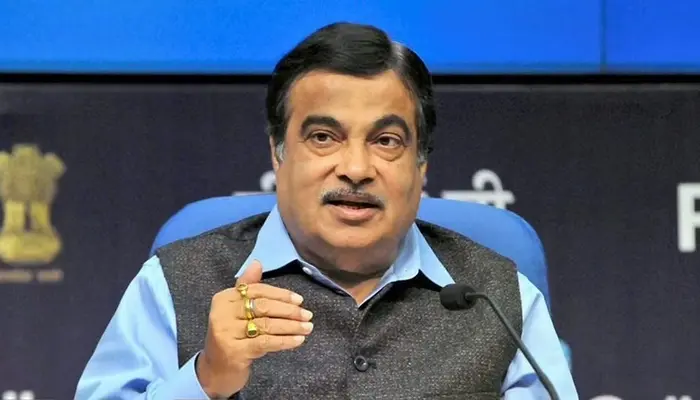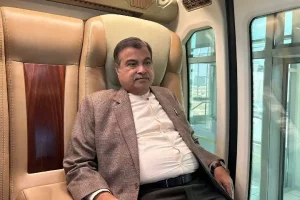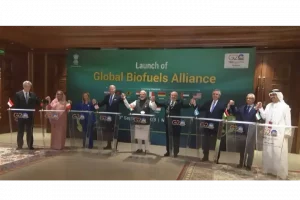India, which launched the first prototype of the BS 6 Stage II ‘Electrified Flex Fuel Vehicle yesterday, is positioning itself as the manufacturing hub for cars that run on dual fuel power. While the just-launched vehicle has been developed as a pilot project by Toyota Kirloskar Motor, a host of automobile makers in India are already looking at manufacturing flex or flexible fuel vehicles.
‘Flex’ fuel is essentially made by mixing petrol with ethanol, a renewable fuel derived from plant materials. Not only is it considered cleaner compared to conventional fuel such as petrol, it is cheaper too.
Maruti Suzuki and Hyundai besides two and three wheeler makers TVS Motor and Bajaj Auto are also expected to launch their flex fuel vehicles soon.
Meanwhile, India has increased its ethanol production. After the US and Brazil, India is now among the top three countries producing ethanol.
The increased use of ethanol will not only boost India’s renewable energy segment but will also save foreign exchange reserves. As India imports more than 80 per cent of its total crude requirements, increased production of ethanol will help in reducing its reliance on oil imports.
After touching the set target of blending 10 per cent ethanol with petrol much ahead of the deadline, the Centre said that the next goal of achieving 20 per cent blending by 2025-26 is on track. In 2013, ethanol-blend percentage in petrol was just 0.67 per cent.
“This innovative vehicle is based on the Innova Hycross and is engineered to adhere to India’s stricter emission standards, marking it as the first-ever BS 6 (Stage II) Electrified Flex Fuel Vehicle prototype globally. The forthcoming stages for this prototype encompass meticulous refinement, homologation, and certification processes.” Union Minister Nitin Gadkari, who inaugurated the much awaited vehicle said in social media X (erstwhile Twitter).
Earlier, Tesla, promoted by billionaire Elon Musk, evinced interest in setting up a manufacturing facility for EVs in India and also use the country as an export base.
Suzuki Motor Corporation has already announced investments of 150 billion yen — about Rs 10,440 crore—in building a new factory for production of EV batteries by 2025. The manufacturing plant and vehicle recycling unit will come up in Gujarat.
Supply chain for raw material
Despite some loopholes, the government’s Faster Adoption and Manufacturing of Electric Vehicles (FAME) scheme, providing incentives for the adoption of EVs, has helped in drawing investments.
However, India must ensure steady supply of raw materials. Lithium is a key raw material for EV batteries. It is also required for mobile phones and other electronic items. India’s annual imports of lithium stand at about 1,200 tonnes. Its demand for lithium will further rise in the coming years.
Though India has discovered substantial lithium reserves in Jammu and Kashmir and Rajasthan moving towards self-sufficiency will take time and imports will have to continue.
Also read: Gadkari unveils World’s 1st electric flex fuel vehicle prototype compliant with BS-6 norms




















